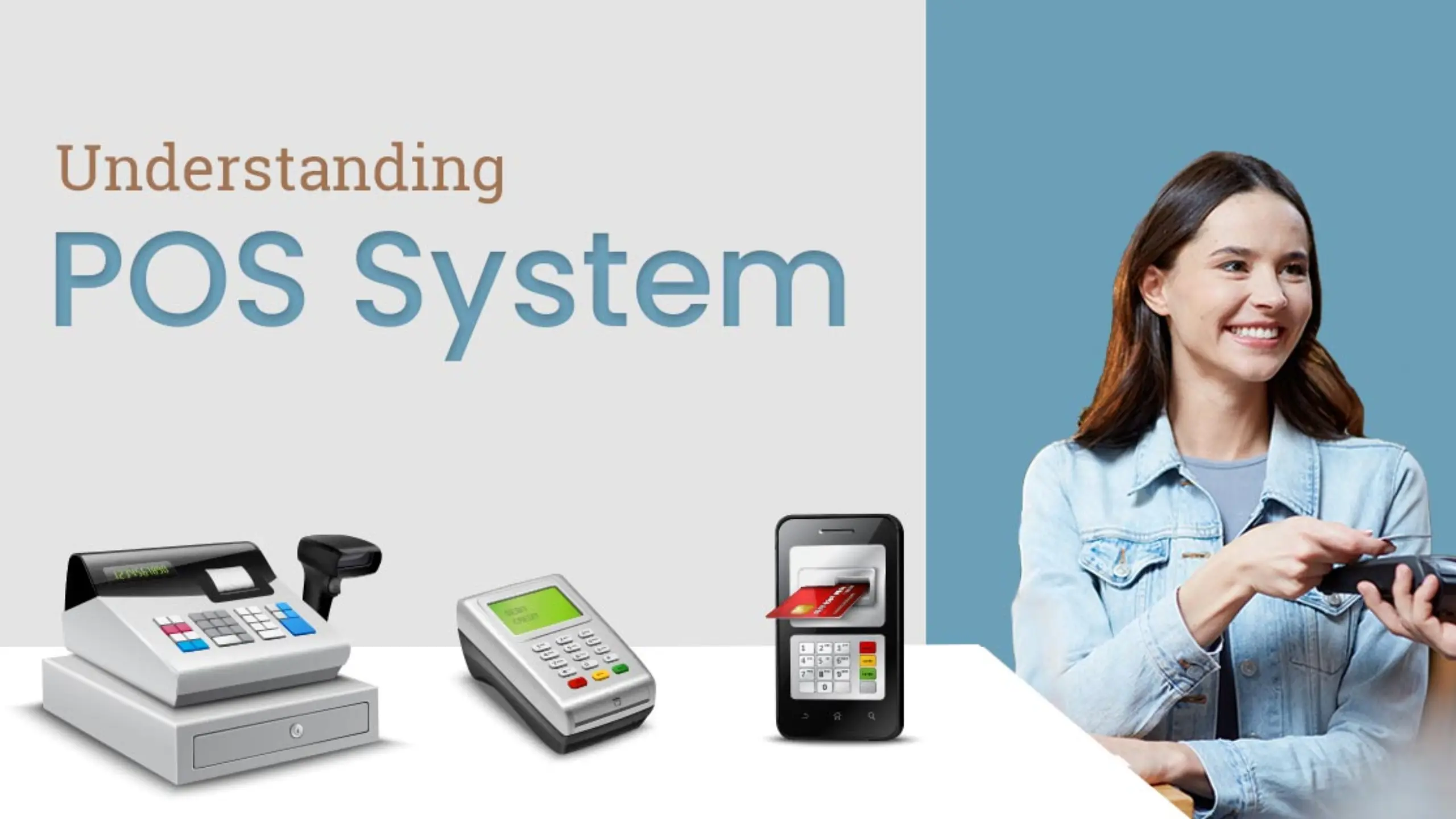The point of sale (POS) is the physical location where a transaction occurs, such as a checkout counter in a retail store or a ticket counter in a movie theatre. In contrast, a point-of-sale system is a combination of software and hardware that empowers businesses to conduct transactions, manage inventory, and carry out other vital operations. In this post, we will go over the Point of Sale (POS) system in depth, covering its components, features, and operation. We will also look at the many kinds of POS systems and their characteristics.
A Point of Sale System’s Components
A typical point-of-sale system includes the following elements:
A computer or tablet, a cash register or card reader, a barcode scanner, a receipt printer, and a cash drawer are all examples of hardware. These parts collaborate to execute transactions and maintain inventories.
Software: A Point of Sale System’s software helps companies manage inventory, monitor sales, and produce reports. It also includes customer management, staff management, and loyalty programs.
Payment processors are third-party services that allow companies to accept credit and debit card payments. Payment processors often charge a portion of the transaction amount for their services.
The Advantages of a Point-of-Sale System
Businesses may profit from using a point-of-sale system in various ways, including:
Increased Efficiency:
A POS system automates many of the activities connected with running a company, including inventory management, sales monitoring, and personnel administration. This allows staff to concentrate on other duties, increasing total efficiency.
Improved Accuracy:
A point-of-sale system decreases the possibility of mistakes and maintains the accuracy of all data by automating operations like inventory management and sales monitoring.
A point-of-sale system may speed the checkout process, lowering wait times and improving the entire customer experience. Additionally, it can facilitate organizations in offering features like loyalty programs and personalized recommendations, which can assist in building customer loyalty.
A point-of-sale system produces comprehensive information on sales, inventory, and other vital parameters. This information may assist firms in identifying patterns, making educated choices, and improving their operations.
Point of Sale System Varieties
A wide range of point-of-sale systems are available, each offering unique features and benefits. Among the most prevalent varieties are:
Cloud-based POS systems store their data on remote servers, providing access from any location with an internet connection. This makes them perfect for firms with different locations or people who work from home. Automatic updates and real-time inventory monitoring are also available with cloud-based POS systems.
Mobile POS Systems:
Smartphones or tablets are the major hardware components of mobile POS systems. Therefore, they are ideal for companies that have limited counter space or need to handle transactions on the go, such as food trucks or market sellers.
Self-Service POS Systems:
Self-service POS systems enable clients to perform transactions without the assistance of a cashier. These systems are commonly used in industries that require fast and efficient service, such as the retail and fast-food sectors,
Conventional POS Systems:
A computer, cash register, and other hardware components comprise traditional POS systems. They are often employed in areas like hospitality and retail, where they may be tailored to the demands of the company.
Taking Everything into Account:
A POS system is an essential component of every contemporary organization. It provides various advantages, including higher productivity, accuracy, and a better customer experience. A POS system may help firms make educated choices and enhance their operations by automating chores and providing thorough information.

